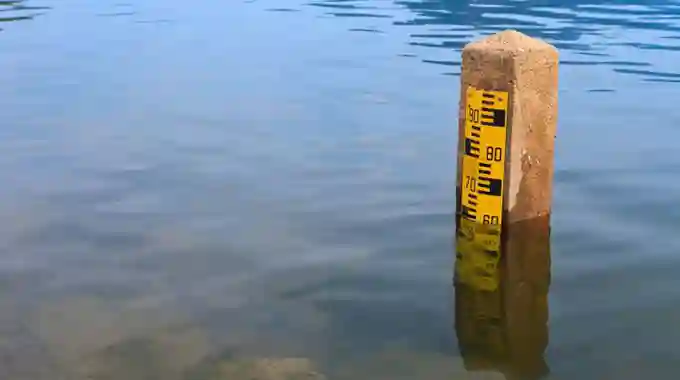Zimbabwe and Zambia failed to utilise their maximum water allocation for electricity generation from Kariba Dam in August, the Zambezi River Authority (ZRA) has been revealed.
ZRA said the Zimbabwe Power Company (ZPC), ZESA Holdings’ electricity generation arm, had a balance of 5.28 billion cubic meters (BCM) of water while the Zesco Limited of Zambia had a balance of 3.65 BCM.
In the past month, Zimbabwe has endured power debilitating power cuts due to depressed electricity generation, especially at the Hwange thermal power station.
It was not immediately clear why ZPC was not fully utilising its water allocation at the Kariba Dam to maximise electricity generation. ZRA chief executive officer Munyaradzi Munodawafa said in the latest update:
As of 31st August 2021, ZESCO Limited had utilised 17.35 BCM of its 21 BCM water allocation (83% utilisation), while the Zimbabwe Power Company had utilised 15.72 BCM of its 21 BCM water allocation (75% utilisation).
This leaves a balance of 3.65 BCM and 5.28 BCM for ZESCO and ZPC, respectively, for utilisation during the remaining period of the year 2021.
According to ZPC, on Monday the Kariba hydropower station was generating 680 megawatts (MW) of electricity of 1 626 MW.
The combined output from Kariba and the country’s thermal power stations was 1 174 MW against a peak demand of 1 700 MW.
The ZRA said it will maintain the monthly water allocation for Zimbabwe and Zambia at 42 BCM despite indications that water levels were receding.
It said lake levels at Kariba on September 1 stood at 481.55m compared to the last update made on August 4, which was at 482.16m.

